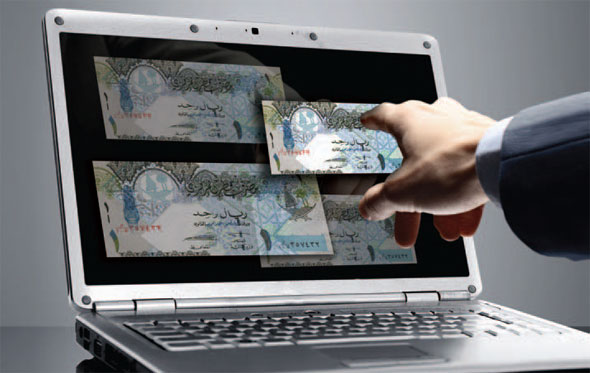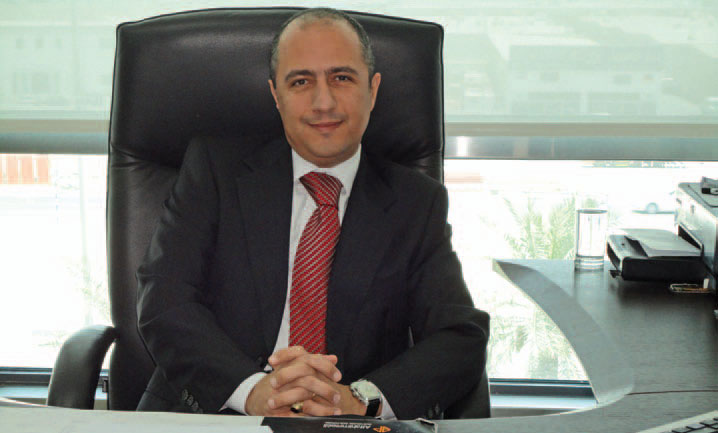Dear Reader,

It’s always a pleasure for a magazine to say that it has an exclusive. So it’s a double pleasure for us to announce that in this issue we have two!
The first is an interview with Dr Abdul Rahman El Tayeb Ali Taha, head of the Islamic Corporation for the Insurance of Investment and Export Credit (ICIEC).
As the only multilateral export credit and investment insurance agency in the world that provides Shariah-compliant insurance and reinsurance products, and a member of the Islamic Development Bank (IDB) Group, which is based in Jeddah, ICIEC is contemplating a future with an increased capital from the current $240m to $640m, which would substantially improve its underwriting and reinsurance capacity.
The Corporation’s business insured during the first quarter of 2011 increased by an impressive 56 per cent, reaching $630m compared to $403m last year. Much of the credit for this must go to Dr Taha, who has spearheaded ICIEC for most of the time since it was established in 1994, first as general manager and then as chief executive officer.
With the awareness of the importance of export credit and political insurance increasing within the IDB member countries and new opportunities emerging as a result of the so-called “Arab Spring” in markets such as Egypt and Tunisia, ICIEC indeed has its work cut out in the future, especially as takaful, the Islamic equivalent of mutual insurance, is projected to be the next major phenomenon that is beckoning to sweep the Islamic finance space.
With takaful in mind, we come to our second exclusive – the official launch of Kuwaiti-backed GNL in early July 2011 in London. This is said to be “the world’s first Shariah-compliant insurance broker offering premium takaful and re-takaful commercial risk solutions in London”. Given its long history and primacy in insurance, London in this respect is in a strong position to become the real hub for commercial and credit risk takaful.
The rising expectations of both business and personal customers invariably oblige banks to keep investing and modernising on a constant basis, and Qatar is going out of its way to do both.
“Technology is one of the key opportunities for growth for foreign and local banks alike and local players have realised its importance and the critical role it plays in offering quality cash management solutions to corporate customers – and so we are seeing the local banks enthusiastically investing in this area,” said one senior banker.
As we reveal in this issue, such new financial services upgrades are aimed at turning Doha into a major business centre as it seeks to carve out its own specialist niche in the Gulf financial market, undeterred by the competitive challenges presented by more established hubs such as Dubai and Bahrain.
With the return in this issue of the Tajara Monitor, we learn that trade finance and corporate banking in Saudi Arabia closed 2010 on a very positive note and are both poised for further growth throughout the year.
As we report, there were some interesting changes at the top of the overall league table with Riyad Bank holding on to its top position. However, the competition is heating up and its lead has narrowed as National Commercial Bank and Saudi British Bank in particular built on their prior year performance to close the gap substantially between themselves and the market leader.
Tajara Monitor facilitates the measurement of banks’ performances individually and/or collectively in relation to corporate banking and trade finance. It also assesses the sector as a whole and its top-level findings are now available in full to subscribers.
 Cash And Trade Magazine For Cash and Trade professionals in the Middle East
Cash And Trade Magazine For Cash and Trade professionals in the Middle East


